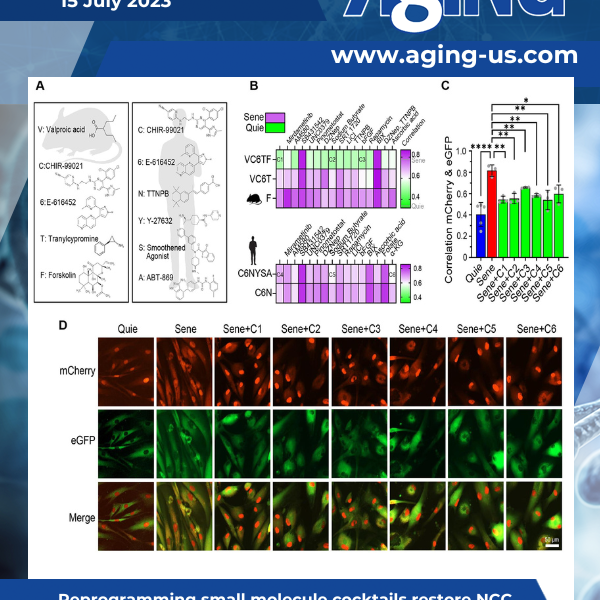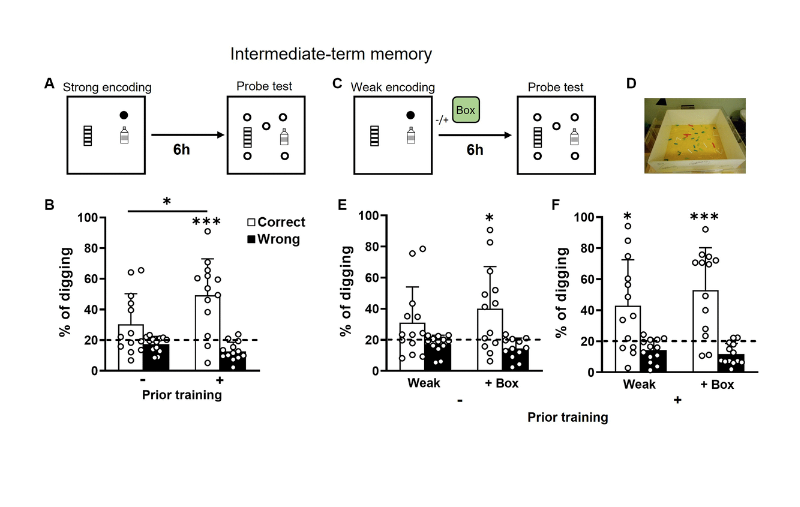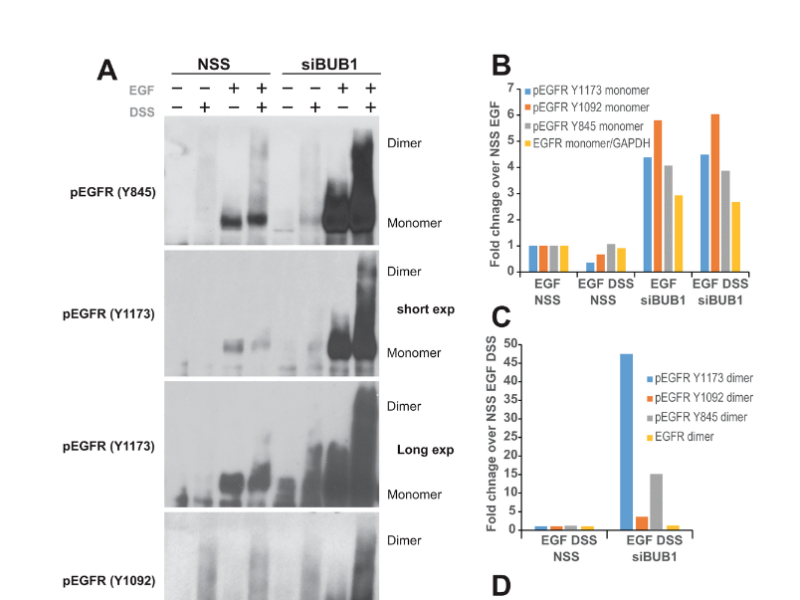To screen for molecules that reverse cellular aging and rejuvenate human cells without altering the genome, researchers developed high-throughput cell-based assays that distinguish young from old and senescent cells, including transcription-based aging clocks and a real-time nucleocytoplasmic compartmentalization (NCC) assay…
Aging-US Authors

PRESS RELEASE: A new editorial paper was published in Aging’s Volume 15, Issue 12, entitled, “Advancing screening for cognitive impairment: the memtrax continuous recognition test.”
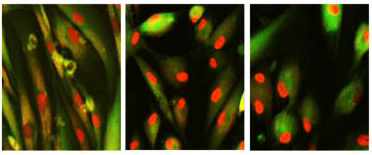
PRESS RELEASE: On July 12, 2023, a new research paper was published in Aging, titled, “Chemically induced reprogramming to reverse cellular aging.”
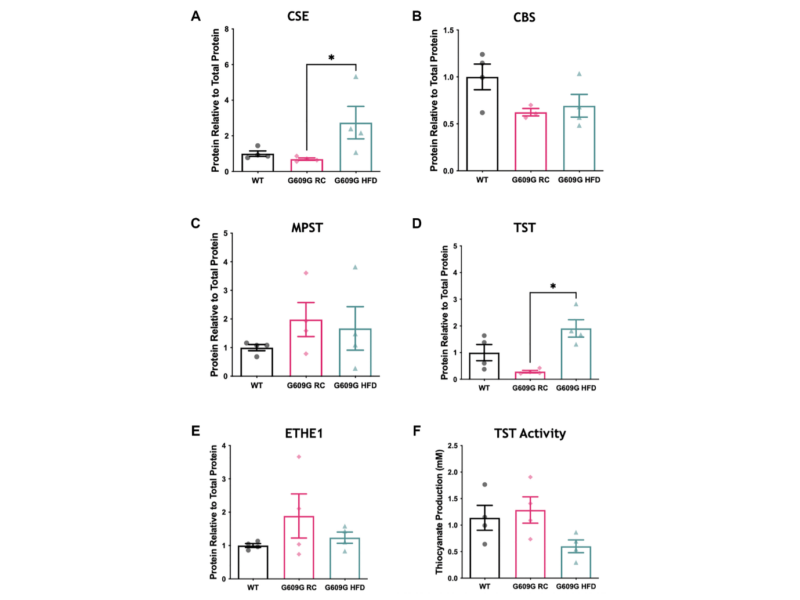
PRESS RELEASE: A new research paper was published in Aging’s Volume 15, Issue 12, entitled, “Hepatic hydrogen sulfide levels are reduced in mouse model of Hutchinson-Gilford progeria syndrome.”
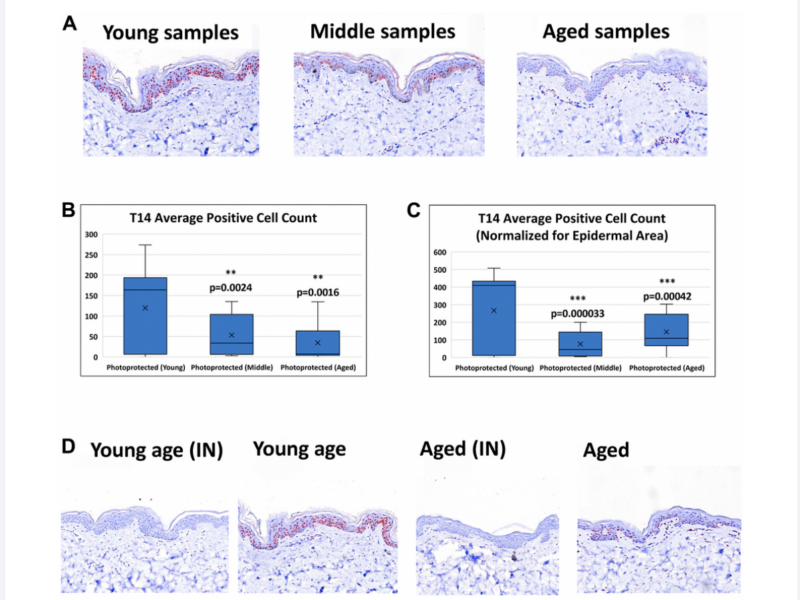
PRESS RELEASE: A new research paper was published in Aging’s Volume 15, Issue 12, entitled, “A novel peptide ‘T14’ reflects age and photo-aging in human skin.”

Aging clocks, built from comprehensive molecular data, have emerged as promising tools in medicine, forensics, and ecological research. However, few studies have compared the suitability of different molecular data types to predict age in the same cohort and whether combining them would improve predictions…
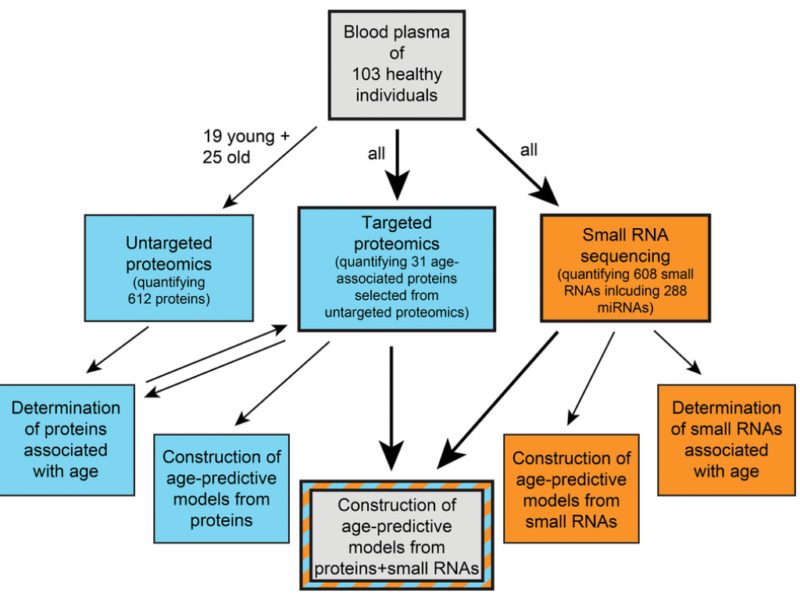
PRESS RELEASE: A new research paper was published on the cover of Aging’s Volume 15, Issue 12, entitled, “Age prediction from human blood plasma using proteomic and small RNA data: a comparative analysis.”
